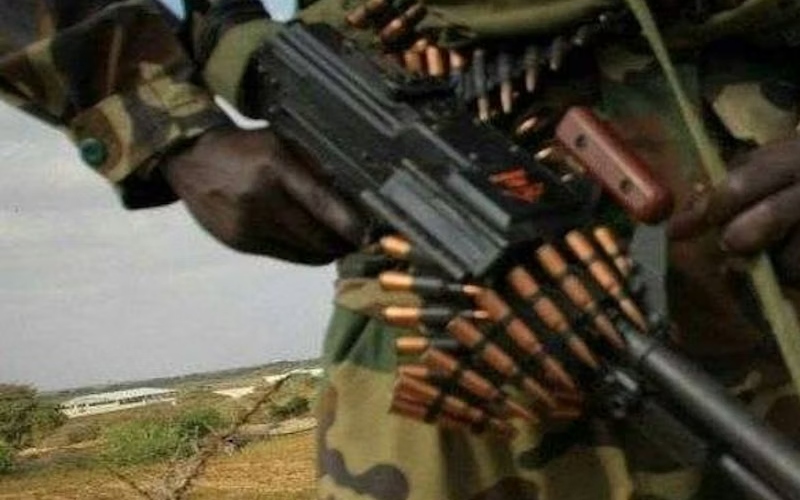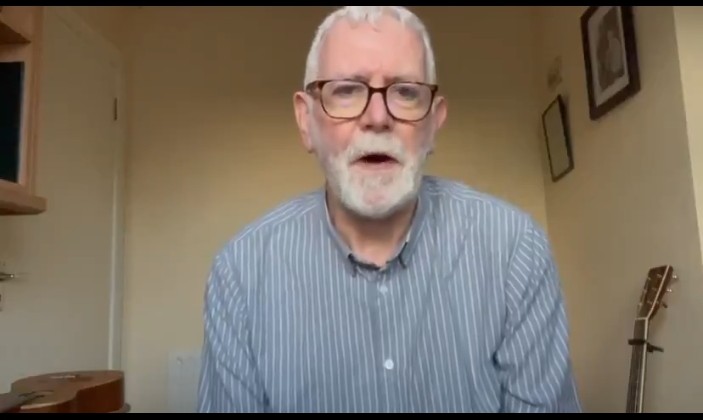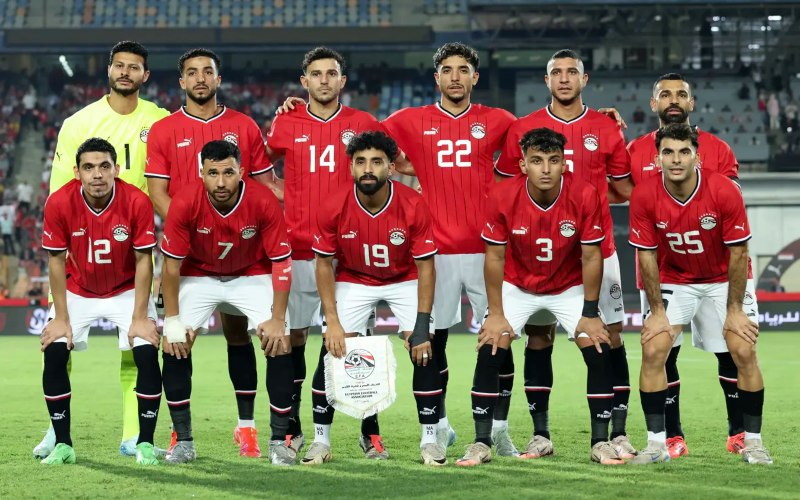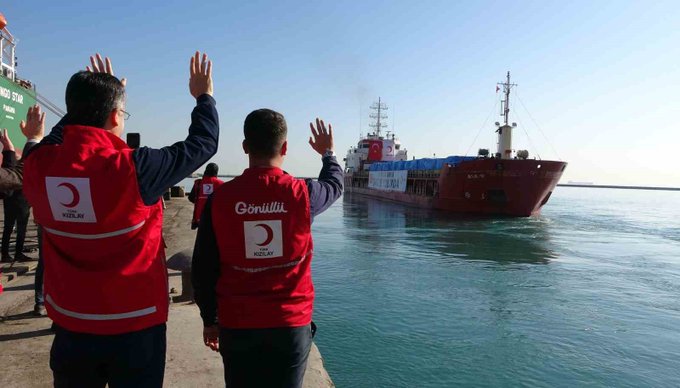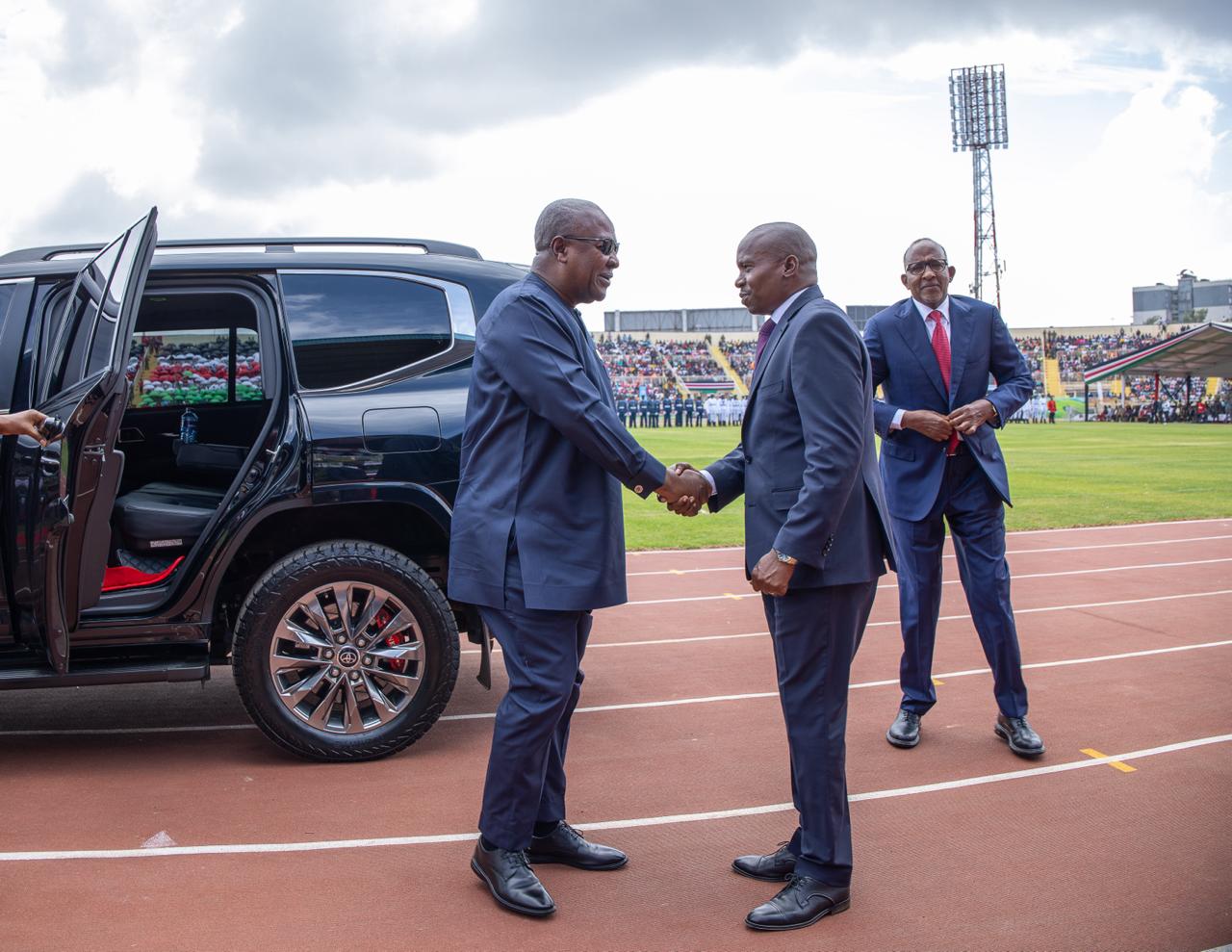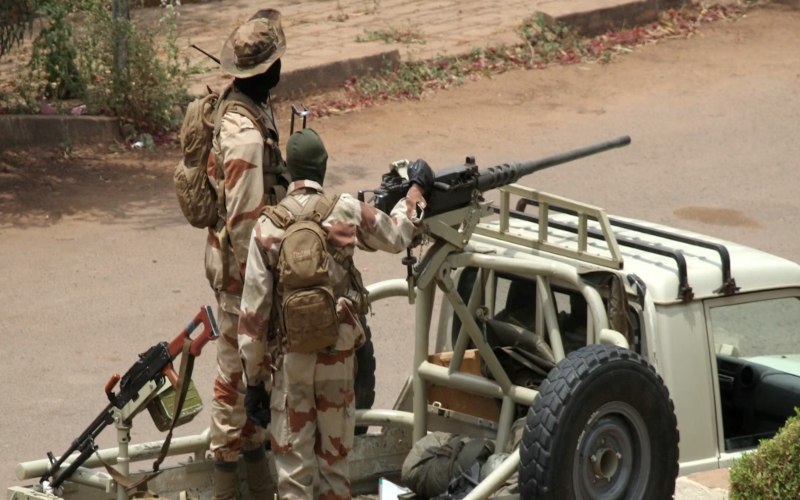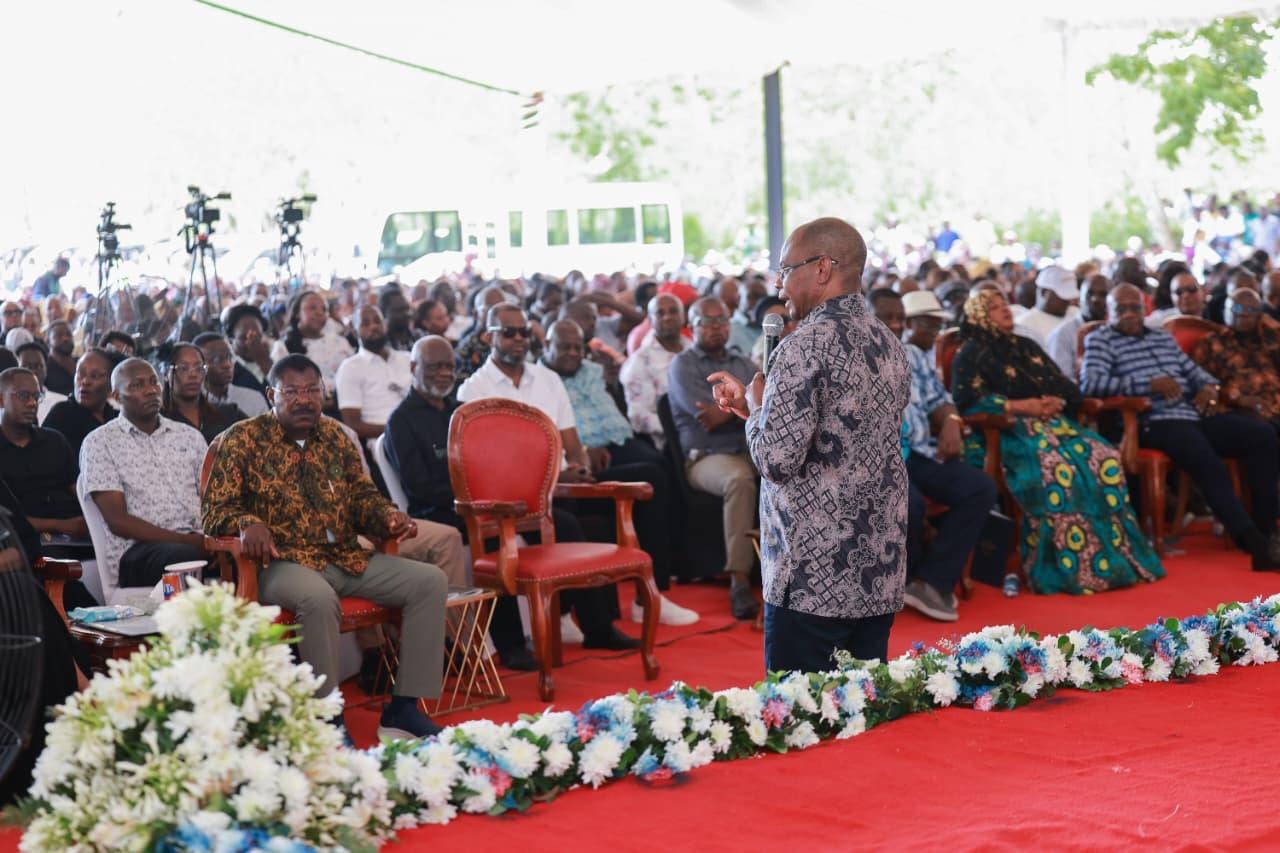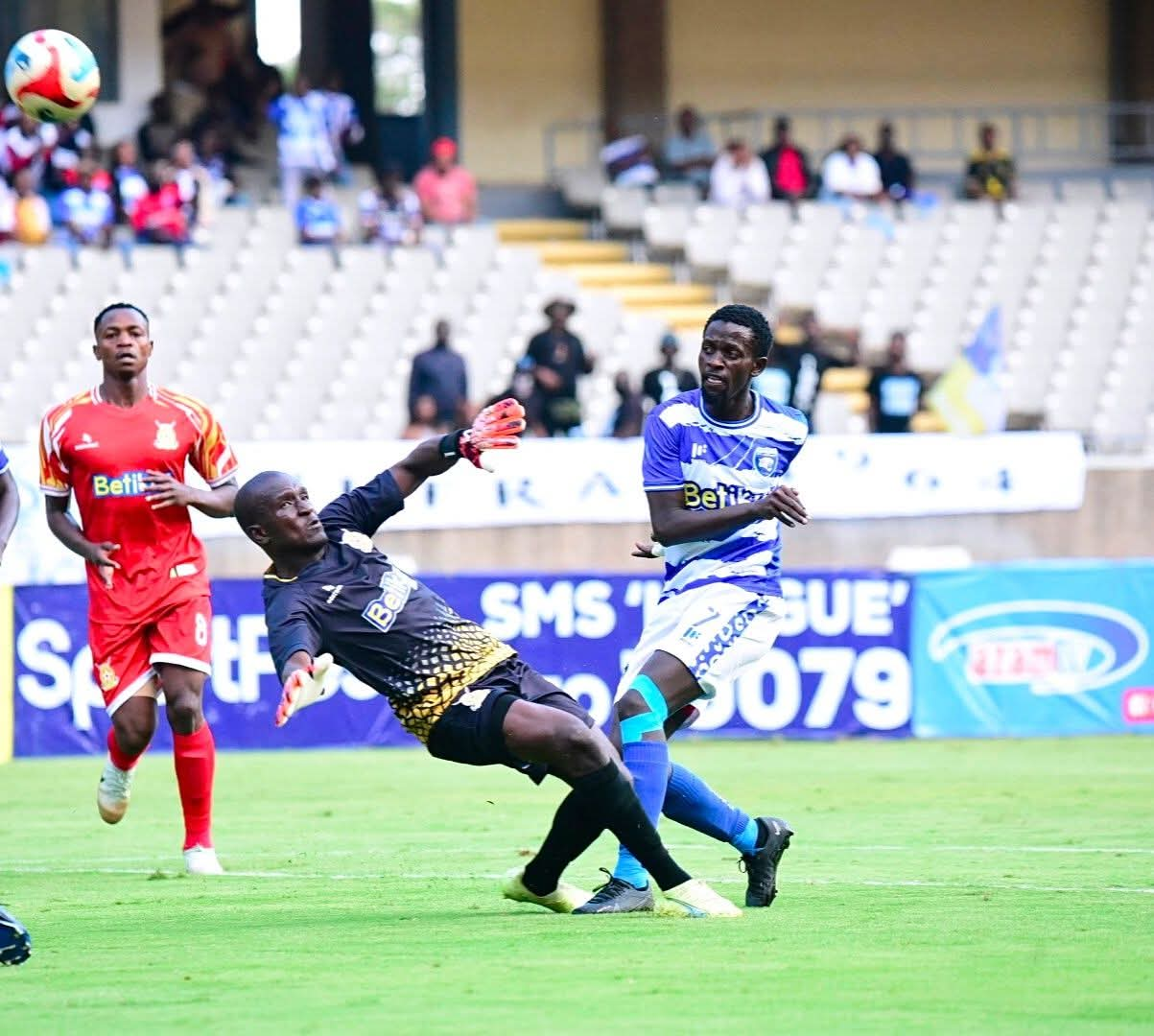African Union pushes for funding reforms as donor dependence persists

The gathering of Africa's 55 ambassadors, who steer the Union's day-to-day affairs, set the tone for a series of high-level meetings, including next month's Executive Council session and the 7th Mid-Year Coordination Meeting in Malabo, Equatorial Guinea.
The African Union's 50th Permanent Representatives' Committee (PRC) session opened on Monday in Addis Ababa, Ethiopia, shining a spotlight on the AU's most persistent Achilles' heel: financial sustainability.
The gathering of Africa's 55 ambassadors, who steer the Union's day-to-day affairs, set the tone for a series of high-level meetings, including next month's Executive Council session and the 7th Mid-Year Coordination Meeting in Malabo, Equatorial Guinea.
More To Read
- ECOWAS endorses John Mahama as West Africa’s candidate for AU chair in 2027
- AU warns of rising violence in DR Congo and Great Lakes region amid M23 advance
- The growing threat of unconstitutional power in Africa: AU’s mixed response under fire
- African Union condemns failed Benin coup, demands immediate return to constitutional order
- African leaders hail historic peace agreement between Rwanda and DRC
- Historic Algeria declaration frames colonialism as multidimensional crime
At the heart of the debate lies the AU's chronic dependence on external funding, a vulnerability laid bare by former AU Commission Chair Moussa Faki during a recent session in Marrakech with Sudanese-British billionaire Mo Ibrahim.
"You call them colonisers, but when they give you money, they're partners," Ibrahim said, capturing the continent's uneasy reliance on donors who fund nearly 70 per cent of the AU's $650 million budget.
Algerian diplomat Selma Malika Haddadi, delivering remarks on behalf of the commission chair, stressed the urgent need to transform lofty integration and peace ambitions into tangible progress on financing.
Only 17 of the AU's 55 member states have implemented the 0.2 per cent import levy agreed under the 2016 Kigali Decision—a key innovation designed to wean the AU off external donors by funding its operational budget entirely from within Africa.
If properly implemented, the levy could finance 100 per cent of the AU's operational budget, 75 per cent of its programme budget, and 25 per cent of its peace support operations, ambitions that remain largely aspirational.
Despite these efforts, political will remains the continent's missing ingredient.
Haddadi's call for "collective resolve" highlights the recurring challenge: leaders sign agreements but too often fail to follow through.
As President William Ruto champions reforms to diversify revenue sources and improve compliance, the real test is whether Africa's leaders can muster the will to end the farce of donor dependency and build a truly autonomous continental body.
Top Stories Today



